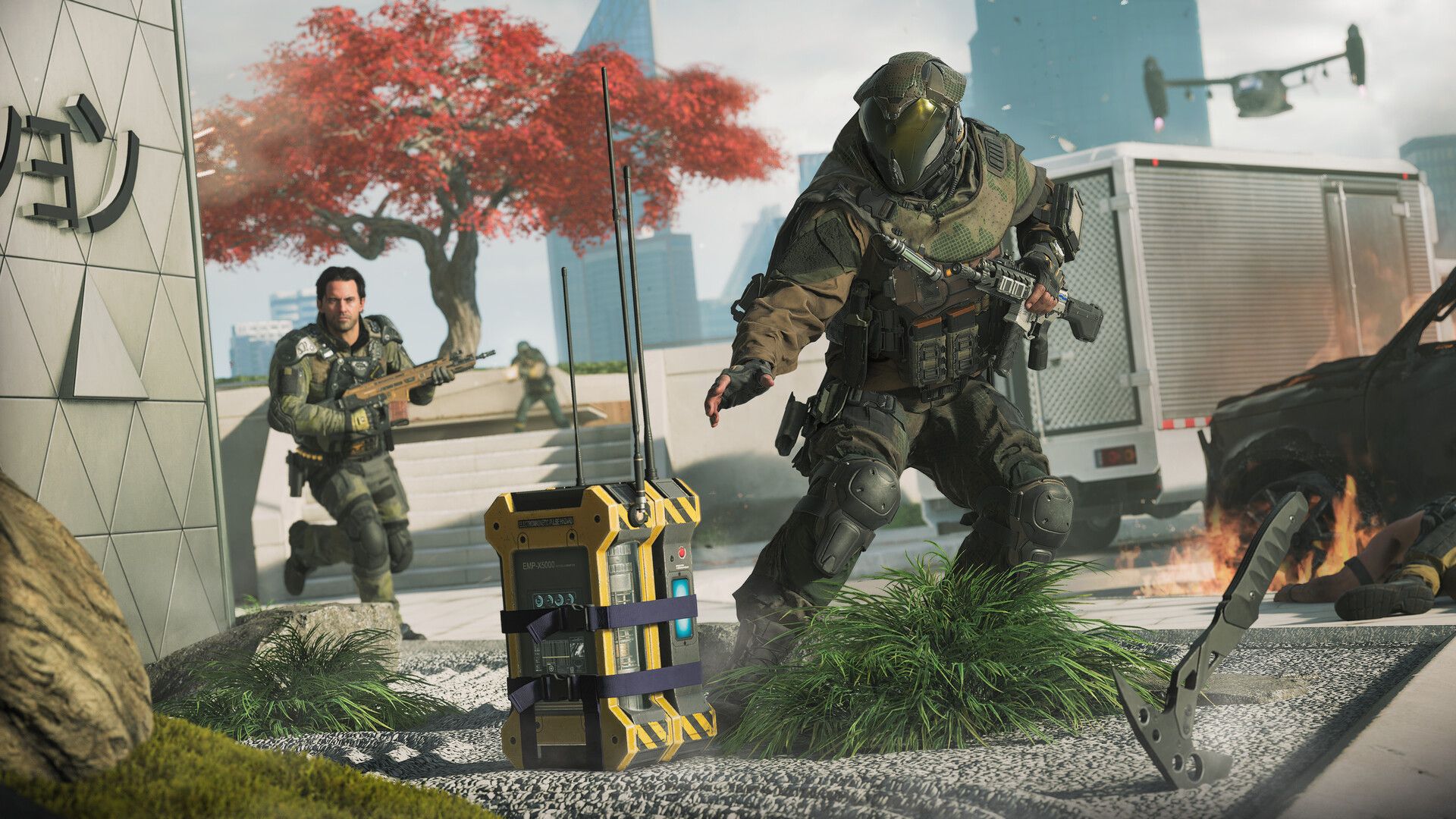UPDATE: Just announced, the Call of Duty franchise is under scrutiny as fan fatigue sets in over the overwhelming focus on the Modern Warfare and Black Ops series. Following the lackluster launch of Black Ops 7, players are demanding a break from what feels like a repetitious cycle of releases.
As of today, rumors indicate that 2026’s installment will be yet another title in the Modern Warfare series, raising concerns about the franchise’s creative direction. With six out of the last eight Call of Duty games stemming from these two brands, many fans are expressing their frustration on social media.
This trend poses a significant risk for Activision. While the company aims to capitalize on its most lucrative franchises, the creative stagnation could alienate loyal players. The excitement surrounding new releases is diminishing as gamers report feeling burnt out by what they perceive as repetitive gameplay.
Historically, both Modern Warfare and Black Ops have dominated sales charts, with each series resonating deeply with fans. However, Activision’s strategy of releasing consecutive titles—such as Modern Warfare 3 and Black Ops 7—has begun to backfire. The financial pursuit may come at the cost of long-term player engagement and satisfaction.
“The response to Modern Warfare 3 and Black Ops 7 clearly shows that people don’t like it when games rehash ideas or feel rushed,” a gaming analyst noted. “The over-reliance on these franchises emphasizes that.”
While the previous titles, such as 2019’s Modern Warfare, were critically acclaimed, the subsequent releases have not garnered the same enthusiasm. Activision’s decision to incorporate generative AI into their latest games has also raised eyebrows, with many players questioning the innovation behind the franchise.
Looking ahead, the gaming community is eager to see if Activision will diversify its offerings beyond the established series. The success of games like Warzone and Advance Warfare indicates that players are receptive to new concepts, and a creative refresh could reignite interest in the franchise.
As the release of 2026’s Call of Duty approaches, fans are left wondering if this will mark the turning point for the series. If the upcoming title fails to connect with players, it could signal a critical moment for Activision, challenging the future of its flagship franchise.
In summary, while the financial incentive to continue producing Modern Warfare and Black Ops games is clear, the potential backlash from an exhausted fanbase is a pressing concern. Activision must weigh its options carefully to maintain the love and loyalty of its players.
For now, gamers are hoping for an announcement that promises not just another iteration, but a bold new direction for the beloved franchise. As the gaming world watches closely, the next steps from Activision could reshape the landscape of Call of Duty for years to come.
